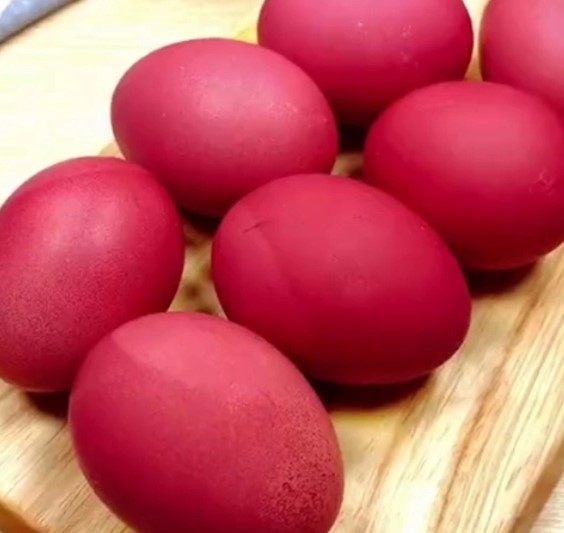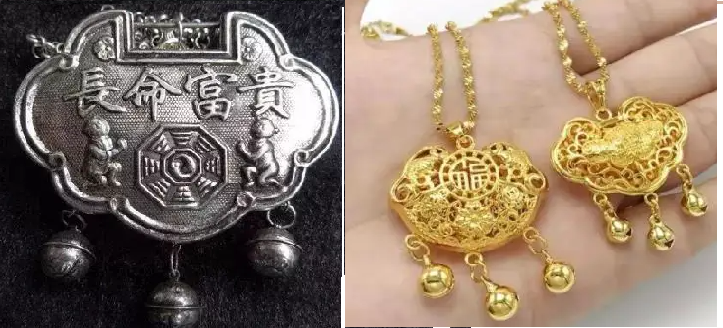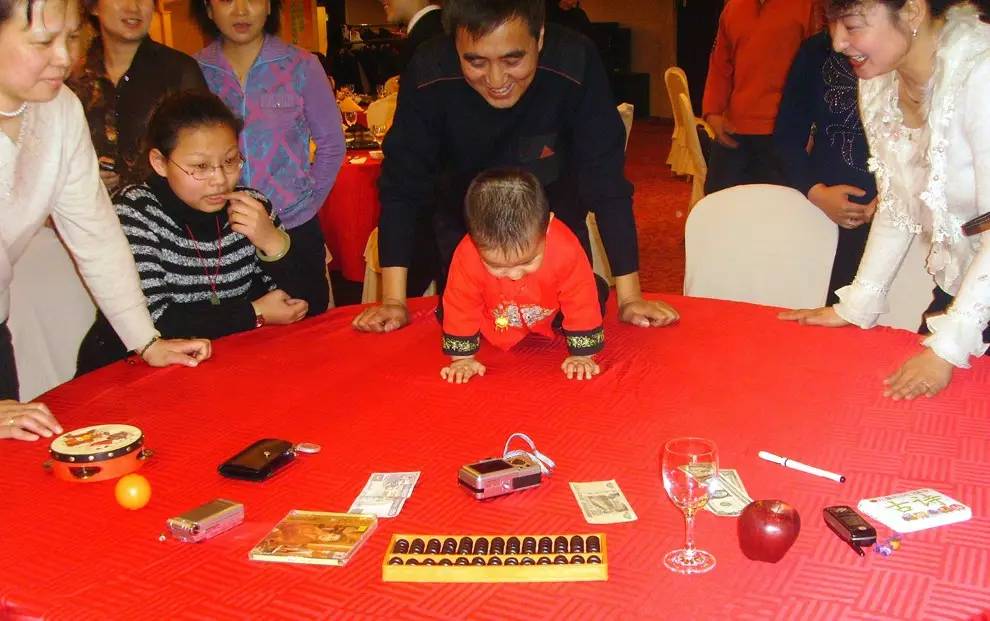1. Birthday Customs
China is a nation with a highly developed culture of rituals, possessing a complete system of life ceremonies from birth ceremonies, coming-of-age ceremonies, weddings, and growth ceremonies to funerals.
The traditional birth customs in China exhibit different styles and forms depending on the region. However, generally speaking, the traditional birth customs of the Han group typically include five main ceremonies: birth, third day, full month, hundredth day, and first birthday.
Birth (诞生): After the birth of a newborn, the parents announce the happy news to friends and family and share red-dyed eggs with relatives and friends to share the joy brought by the new life. Usually, an odd number of eggs are given for the birth of a boy, and an even number for a girl, as odd numbers are associated with yang (阳) and even numbers with yin (阴).

Red Eggs (喜蛋)
Third Day (三朝): “Xisan” (洗三) is a very important ceremony in Chinese birth customs. On the third day after the baby’s birth, water boiled with Chinese herbs is used for the “Xisan” ceremony. The purpose of “Xisan” is twofold: to wash away impurities and ward off disaster, and to pray for good fortune and blessings.
Full Month (满月): When the baby is one month old, a full month ceremony is held. This is the most elaborate ceremony since the birth of the child, with its history dating back to the Tang dynasty (7th to 10th century). During the full month ceremony, the baby’s hair is cut for the first time, known as “shaving the fetal hair” (剃胎发). The cut hair is wrapped in red cloth and sewn into the baby’s pillow. In modern society, families often take photographs of the baby, creating a beautifully crafted album. Some families make a calligraphy brush from the baby’s hair, while others keep handprints or footprints as a memento. Relatives and friends typically give clothes, gold jewelry, or red envelopes (money) as gifts, and the parents host a banquet, known as the “full month banquet” (满月酒), to entertain and appreciate guests.

Silver and Golden Longevity Locks
Hundredth Day (百天): The hundredth day after the baby’s birth is celebrated with a ceremony to wish the baby a life free of illness and a long, prosperous life. Friends and family are invited to a banquet, and guests bring red envelopes for the baby. Additionally, a golden or silver longevity lock (长命锁) is an essential gift. The longevity lock is an ornament hung around the child’s neck, believed to ward off evil and “lock” in the child’s life.
First Birthday (周岁): The most common custom for the first birthday is “zhuazhou” (抓周). This tradition dates back to the Northern and Southern Dynasties (5th to 6th century). Parents invite relatives and friends to attend the birthday banquet and a “zhuazhou” ceremony, which is believed to predict the child’s future interests and personality. The items used for “zhuazhou” typically include the four treasures of the study (文房四宝, the four primary items for study, including calligraphy brush, ink, paper, and inkstone), scales, abacus, money, jewelry, food, toys, etc. These items are placed around the child, who is then allowed to choose items he likes. The chosen items are used to predict the child’s interests, hobbies, and potential future career. In ancient times, the “zhuazhou” ceremony had connections to primitive beliefs, but today it is more of an entertaining game to add joy to the child’s first birthday.


